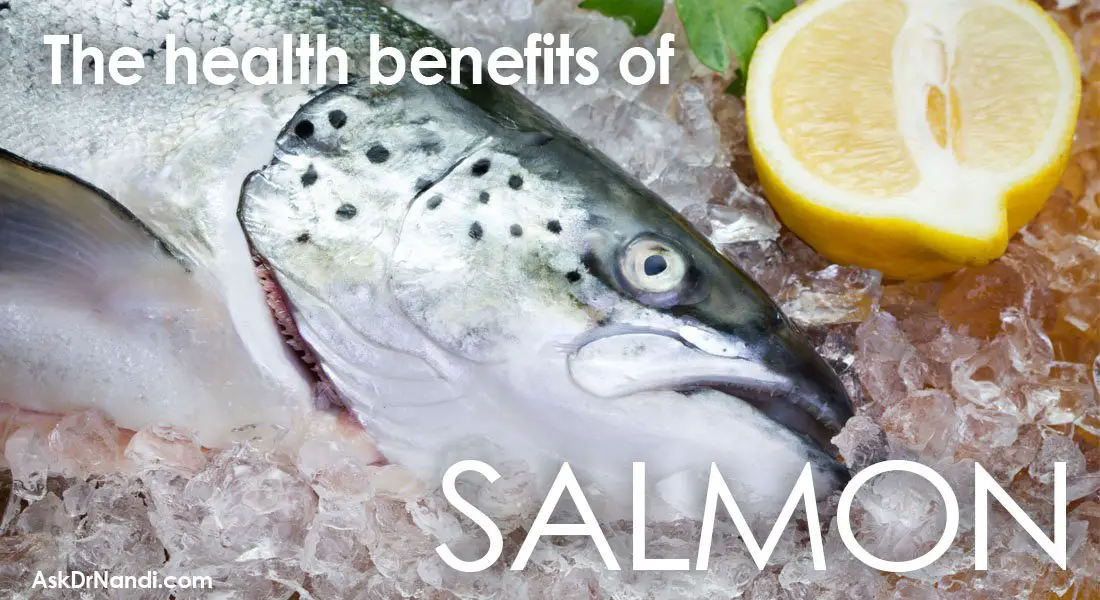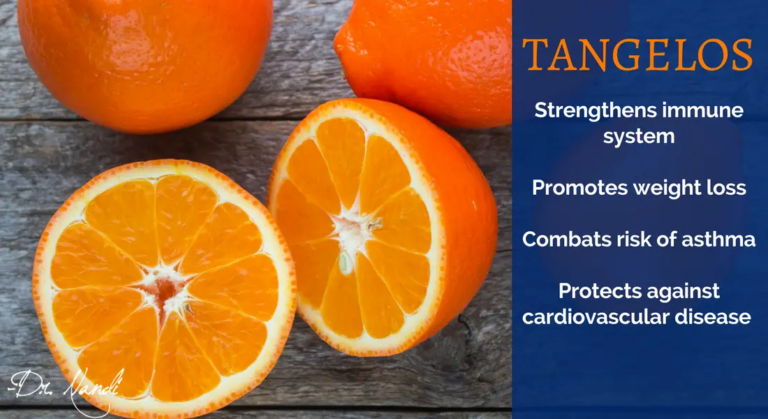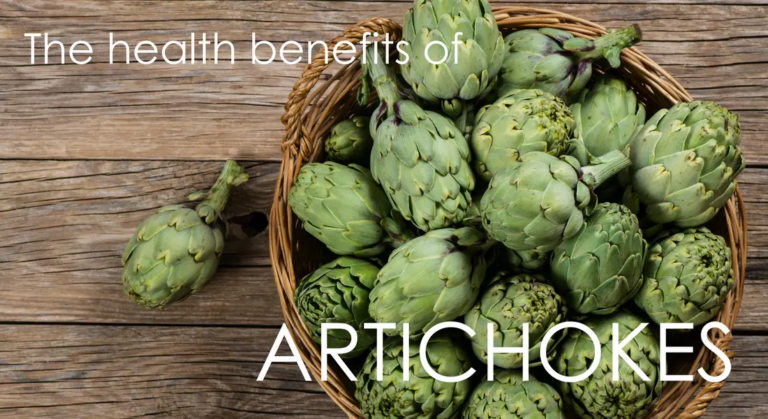Salmon isn’t just a tasty dish for dinner; it is also an excellent source of nutrition for you and your family. Try to add at least a serving of wild-caught salmon per week to your meal plan.
Salmon Is Good for Your Eyes
A new study has discovered that eating salmon can help alleviate symptoms of dry eye conditions. Salmon’s high Omega-3 concentration may help prevent age-related macular degeneration (AMD), a condition that can result in blindness. Salmon and Omega–3 are being studied to determine whether they can help with the discharge of eye fluid. As a result, glaucoma and high intraocular pressure would be less likely to develop. Salmon is a good source of omega-3 fatty acids, which have been linked to eye development in babies.

Salmon Helps With Healthy Skin
Wild-caught salmon has been linked to healthy skin because of its high levels of Omega-3. Research has found that consuming salmon can help with glowing and more supple skin. Antioxidants found in astaxanthin, a pigment found in salmon, have been shown to lessen the effects of free radical damage on the skin. This free radical damage increases the speed of aging.
Salmon Is Good for the Brain
Wild-caught salmon has been linked to healthy skin because of its high levels of Omega-3. Research has found that consuming salmon can help with glowing and more supple skin. Antioxidants found in astaxanthin, a pigment found in salmon, have been shown to lessen the effects of free radical damage on the skin. This free radical damage increases the speed of aging.
Salmon Can Help You Get a Good Night’s Sleep
When they come home, many people are stressed from work and find it hard to wind down. Researchers are studying the link between the consumption of salmon and getting a good night’s sleep. Salmon contains high tryptophan levels, a hormone that acts as a natural sedative. Studies have shown that people who regularly eat salmon tend to have better and longer night sleeps.
.
Salmon Is Great for Your Heart
Studies have shown a very strong link between eating salmon and heart health. The high levels of Omega–3 help reduce cholesterol, maintain flexibility of arteries and veins and strengthen cardiac muscles. Salmon also contains essential amino acids, which studies have found to repair damage to the cardiovascular tissues. These essential amino acids also reduce blood pressure by lowering cholesterol levels and preventing the hardening of artery walls. Salmon can help with reducing the chances of heart attacks and strokes.
My Personal RX:
- Increase Omega-3 Intake: Include Omega-3 rich foods in your diet. Fish like salmon are an excellent source of these beneficial fatty acids which are known to have numerous health benefits including improving heart health, boosting mental wellbeing, and reducing inflammation.
- Regular Exercise: Incorporate a daily routine of physical activity. This could be a brisk walk, a workout in the gym, yoga, or any other form of exercise that keeps your body active and fit.
- Get Out in Nature: Take time to immerse yourself in nature. This can help reduce stress, improve mood, and promote overall well-being. It could be as simple as a walk in a park or a hike in the woods.
- Download the Protocol eBook: Download a free copy of the Protocol eBook. This comprehensive 50-page guide provides a step-by-step process on how to make significant changes to your health and life. Follow the guide to understand more about the science behind these recommendations and how to implement them effectively.
- Take Omega-3 Supplements: If it’s challenging to get sufficient Omega-3 from your diet, consider taking a quality Omega-3 supplement, like Dr. X’s recommended Omega-3. It can help bridge the nutritional gap and ensure your body receives the essential fatty acids it needs.












 Subscribe to Ask Dr. Nandi YouTube Channel
Subscribe to Ask Dr. Nandi YouTube Channel









